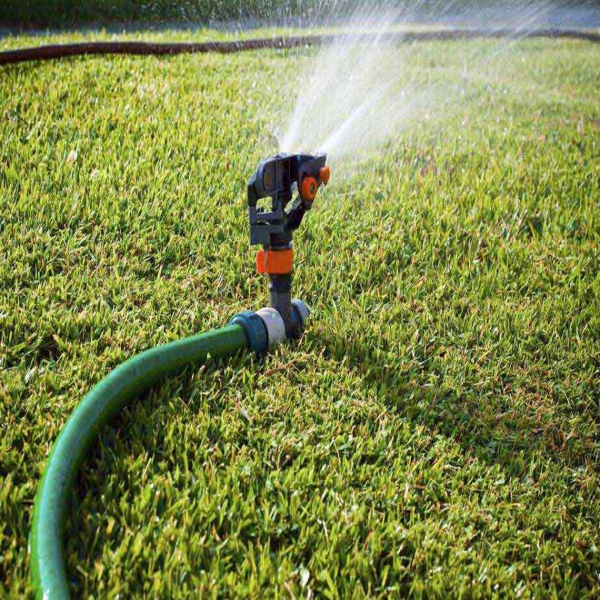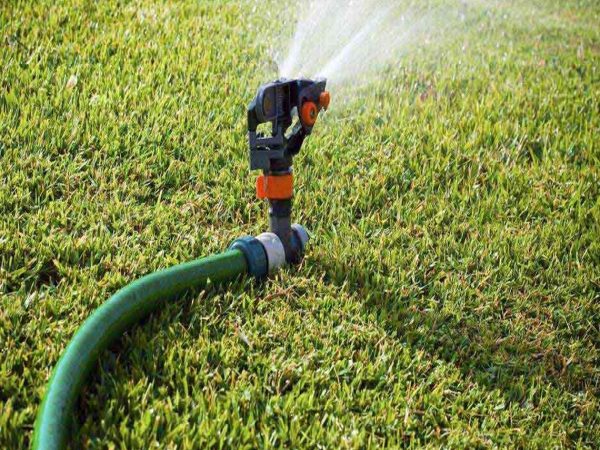Water is probably the most important substance for preserving life. In fact, scientists looking for evidence of life on other planets regard the presence of water as a vital clue. In developed nations we tend to take water for granted because it flows easily out of the tap. But we are rapidly depleting the global supply of fresh water, and this reality could potentially have dire consequences.
The Importance of Water
Our bodies need water to function properly. According to Water.org, humans can survive for weeks without food, but for only a few days without water. The plants and animals we eat require water as well, so water crises inevitably become food crises. We also use water for cleaning our bodies and our homes, and for producing power such as in hydroelectric dams. The World Water Council reports that the human population of the planet is on track to grow 40 to 50 percent within the next 50 years, putting additional pressure on our already shrinking supply of fresh water.
Vegetables, Meat and Water
Plants require water to grow. A growing human population consumes an increasing amount of food, which requires additional water. The animals that we eat consume water, and they also eat grains and grass that require water. Raising meat uses considerably more water than raising plant foods. As populations in different parts of the world become more affluent, they eat more meat and fewer plant-based foods. This shift places an added strain on the already short supply of fresh water.
Water and Global Warming
A hotter planet means an increased demand for water. Heat causes water to evaporate more quickly. Even if higher temperatures do not necessarily correlate with decreased rainfall, more of the water that does fall evaporates into the atmosphere rather than providing sustenance for crops. Hotter temperatures also diminish the amount of water available in lakes and rivers. Conserving water enables us to use our existing supply of water more efficiently.
Rarity of Fresh Water
According to Water.org, less than 1 percent of the water on the earth is readily available for human use, that is, it is fresh–rather than salty–and reasonably clean. Salt can be removed from the ample sea water through a process called desalinization, but this process is expensive enough that it is rarely used as an ongoing, practical solution for water scarcity issues. Water conservation is a straightforward, common sense way to make the most of the fresh water that we do have.
Water and Social Justice
The availability of fresh water is an important social justice issue, and this becomes increasingly the case as fresh water supplies become more scarce. Many fresh water sources in underdeveloped countries are polluted. These nations have also been disproportionately hard hit by climate change, in part because they lack sufficient resources to spread the word about the importance of preserving the vitality of the soil and preventing erosion. As a result, many of these regions are growing more arid, more urgently in need of fresh water. Conserving water in more prosperous places does not necessarily make it more available in the areas that need it most, but it does help to raise our level of awareness about the importance and increasing scarcity of fresh water.
Courtesy: https://www.livestrong.com/article/119446-need-conserve-water



